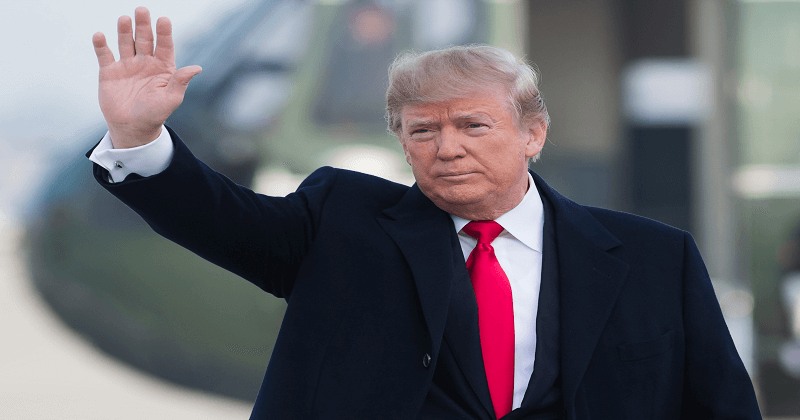
President Donald Trump on Thursday made a final decision on possible military strikes against Syria after tweeting earlier that they could happen “very soon or not so soon at all.” The White House said he would consult further with allies.
Defence Secretary Jim Mattis cautioned such an attack carried the risk out of control, and devastate whatever remains suggesting caution ahead of a decision on how to respond to an attack against civilians last weekend that U.S. officials are increasingly certain involved the use of banned chemical weapons. British officials stated that up to 75 people were killed in that brutal attack.
The White House press secretary, Sarah Huckabee Sanders, said in a brief statement after Mr. Trump met with Mr. Mattis and other members of his National Security Council- “No final decision has been made. We are continuing to assess intelligence and are engaged in conversations with our partners and allies.”
Although Mr. Mattis noted that military action carried risks and the aftermath would be payback, he also emphasized that Syrian use of chemical weapons should not be tolerated. And he insisted it remains U.S. policy not to be involved directly in Syria’s civil war.
“Our strategy remains the same as a year ago,” he said. “It is to drive this to a U.N.-brokered peace but, at the same time, keep our foot on the neck of ISIS until we suffocate it,” referring to the Islamic State extremist group.
Mr. Mattis’ remarks at a House Armed Services Committee hearing followed a series of Trump tweets this week that initially indicated he was committed to bombing Syria but later suggested he was awaiting further advices. Later Thursday he was noncommittal. “We’re looking very, very seriously, very closely at the whole situation,” he told.
U.S. officials have reported that, the U.S., France and Britain have been in inclined consultations about initiating a military strike as early as the end of this week, .A joint military operation, possibly with France rather than the U.S. in the lead could send a message of international unity about complete observance of the prohibitions on chemical weapons.
After Ms. May met with her Cabinet, a spokesperson issued a statement saying it is highly likely that Syria’s President Bashar Assad was responsible for Saturday’s attack that killed dozens outside Damascus. The Cabinet agreed on the need to “take action” to deter further chemical weapons use by Assad, but added that May would continue to consult with allies to coordinate an international response.

Post Your Comments